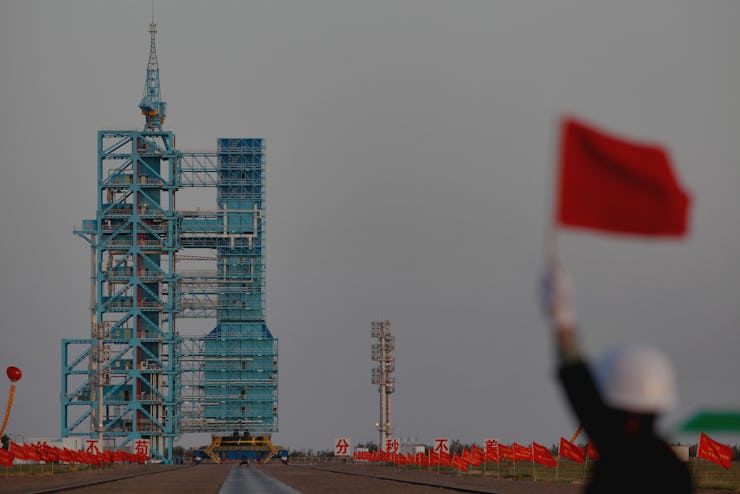China's Atomic Clock Might Be the Key to Its Race to Space

The National Institute of Standards and Technology in Boulder, Colorado is home to the world’s most accurate clock — but not for long. Chinese inventors recently announced they have created their own Cold Atomic Clock that would be both smaller and three times more accurate than the clock at NIST.
Designed for space, the new Chinese clock fits comfortably in the trunk of a car and would only lose a second every billion years. The U.S. clock stands more than 2.5 meters high and loses just one second of accuracy every 300 million years.
Atomic clocks use the vibrations of molecules to track time at a precise interval. However, clock precision tends to deteriorate after a few hours because atoms are dispersed in the high-pressure gas, altering their frequency. Cold atom clocks don’t use gases, making them up to 1,000 times more accurate. The cold atomic clock at NIST uses one million rubidium atoms, cooled with lasers and trapped in a magnetic field. The atoms are then stimulated by near-infrared lasers above and below. The two frequencies of light generated by the lasers cause the atoms to oscillate between energy states.
But atoms are also distracted by gravity. By launching its clock into space, the Chinese clock will avoid the negative pull exerted by gravity, increasing the accuracy of the clock dramatically.
“It is the world’s first cold atomic clock to operate in space … it will have military and civilian applications,” Professor Xu Zhen, a scientist involved with the Cacs project, told South China Morning Post.
China’s satellite navigation network has lagged by U.S. GPS systems in precision for years, but the space clock would dramatically increase its performance. The technology will be essential to the launch of its Tiangong-2 Space Lab.
Federal budget cuts killed plans in the U.S. for a similar project. China’s ambitious plans (and funding) to be the new leader in space exploration has drawn an increasing number of foreign scientists, Professor Wu Bobing, a researcher with the Institute of High Energy Physics in Beijing, told South China Morning Post.
While the advancement has important implications for China’s quickly growing space program, the country is still far behind its European peers in space travel. The country plans to launch its first full-sized international space station by 2022.